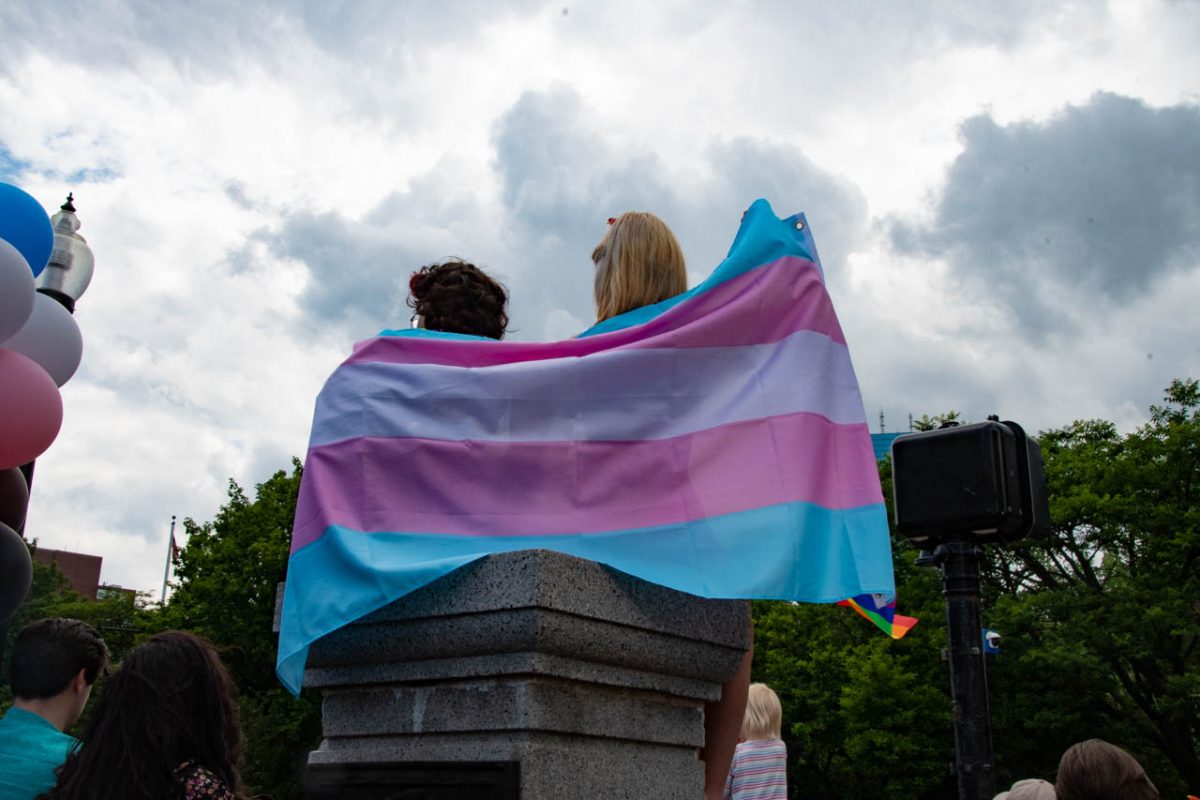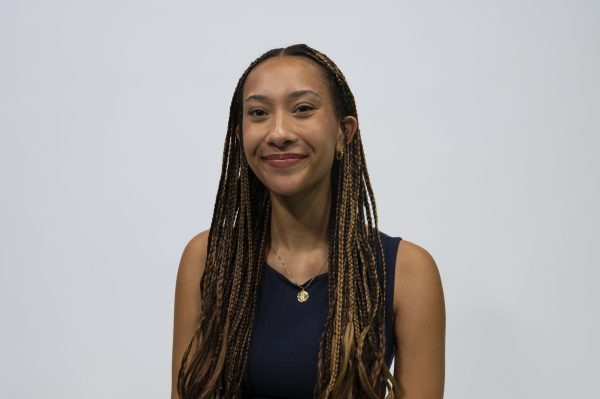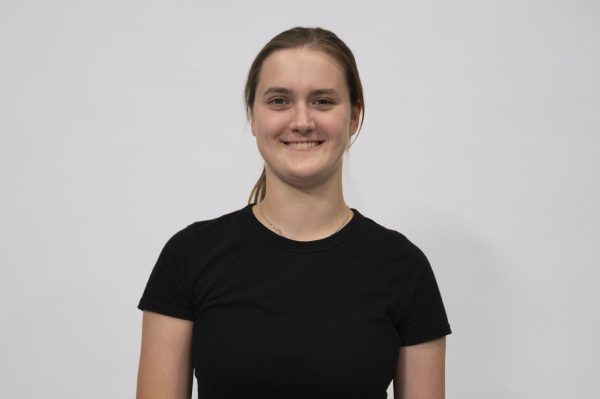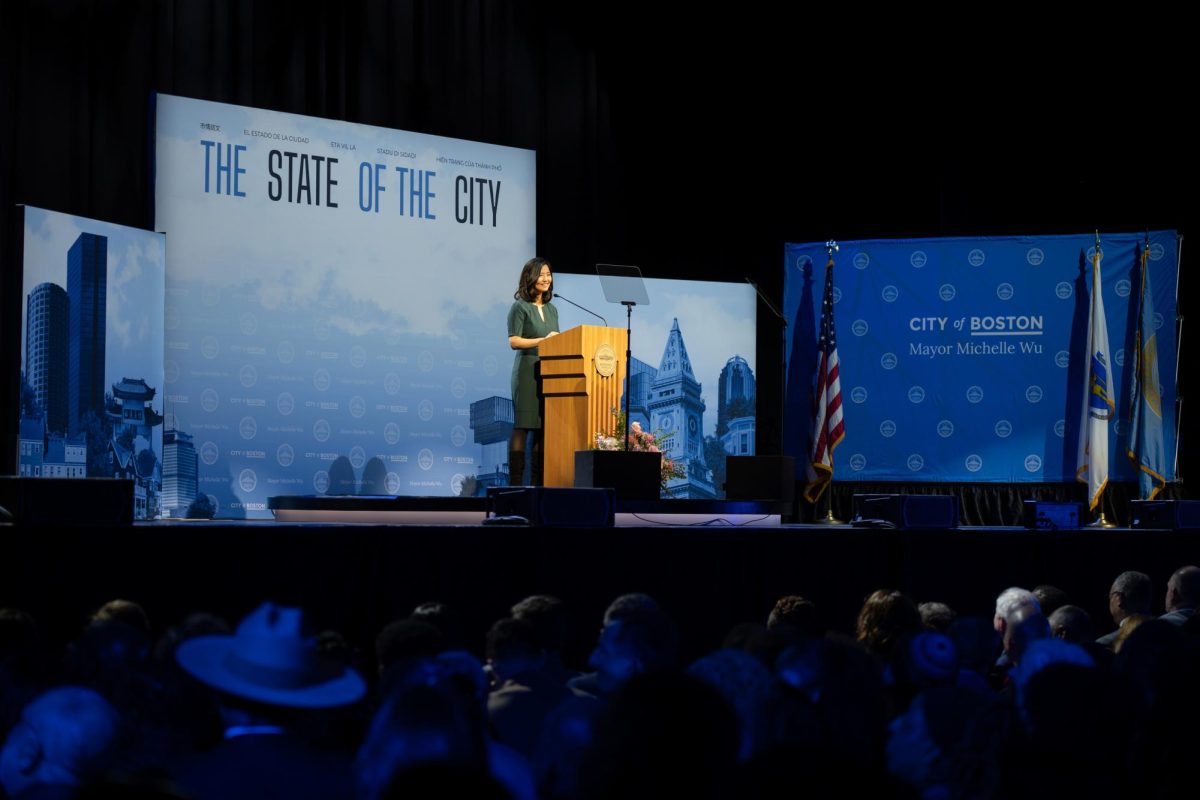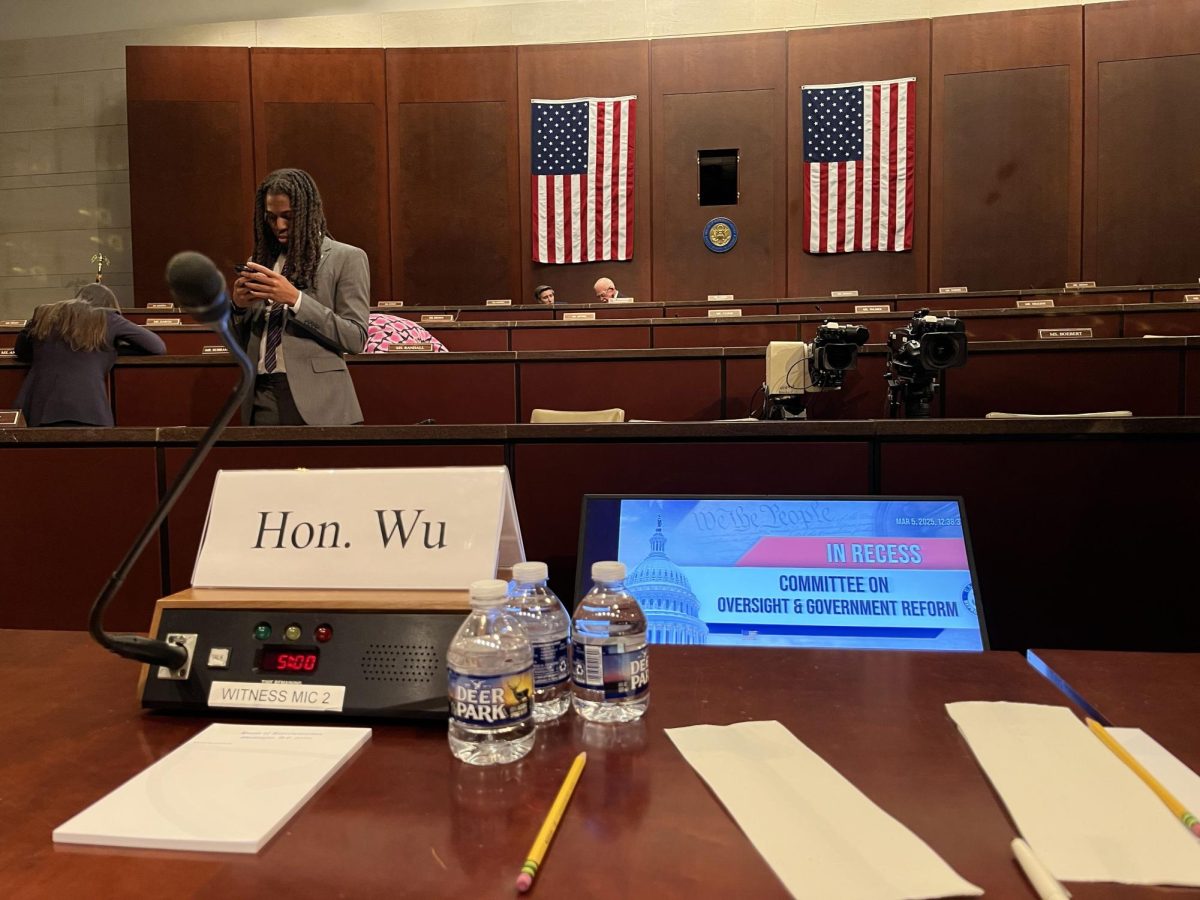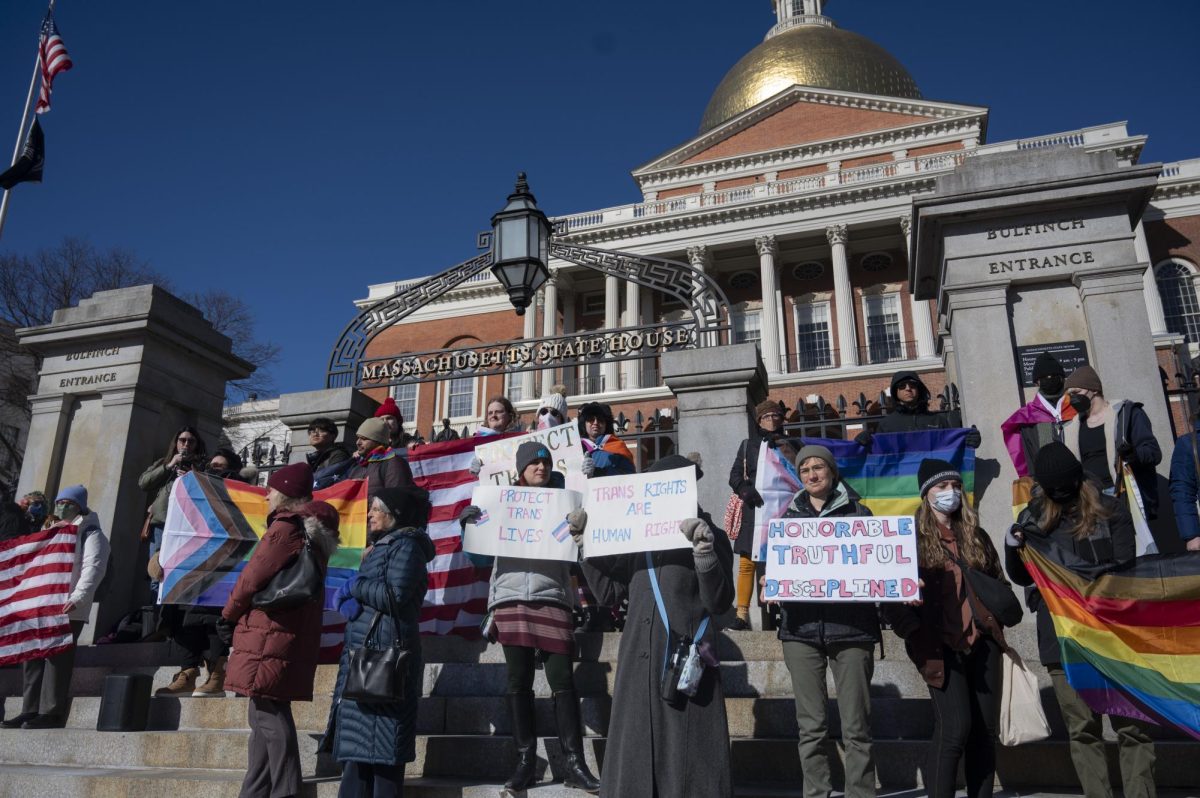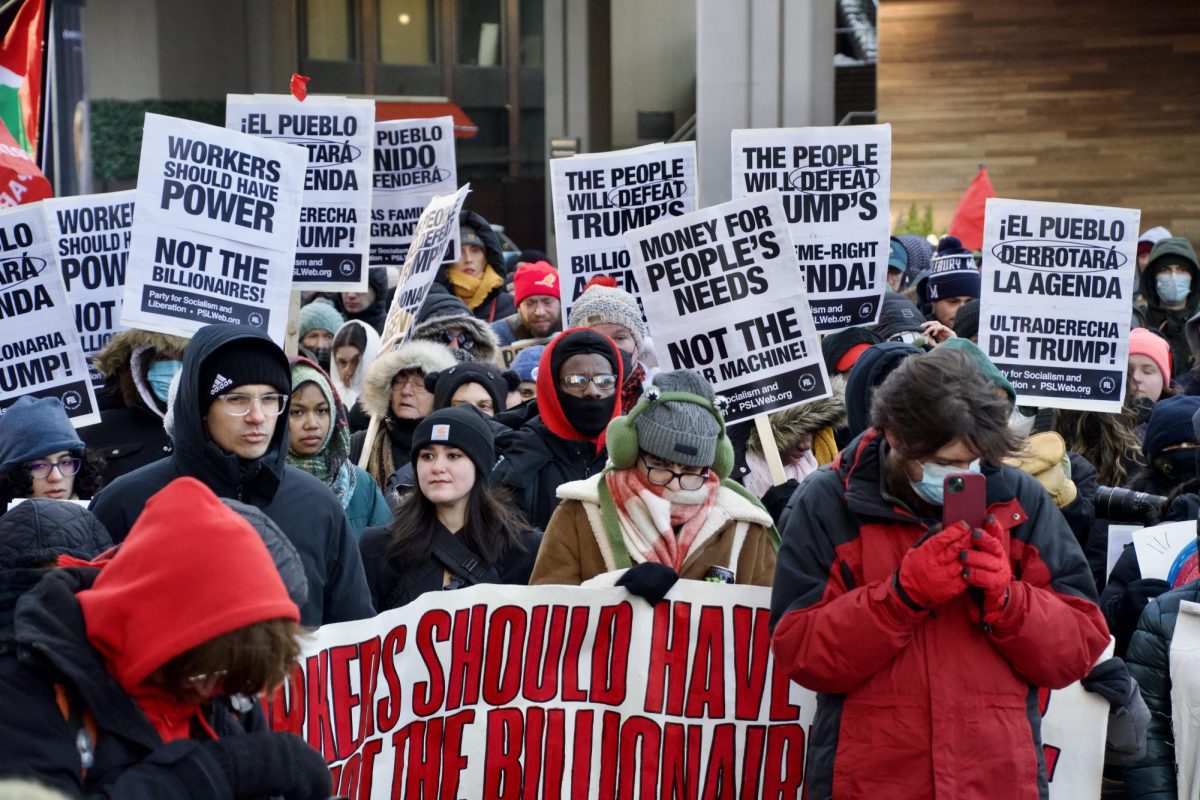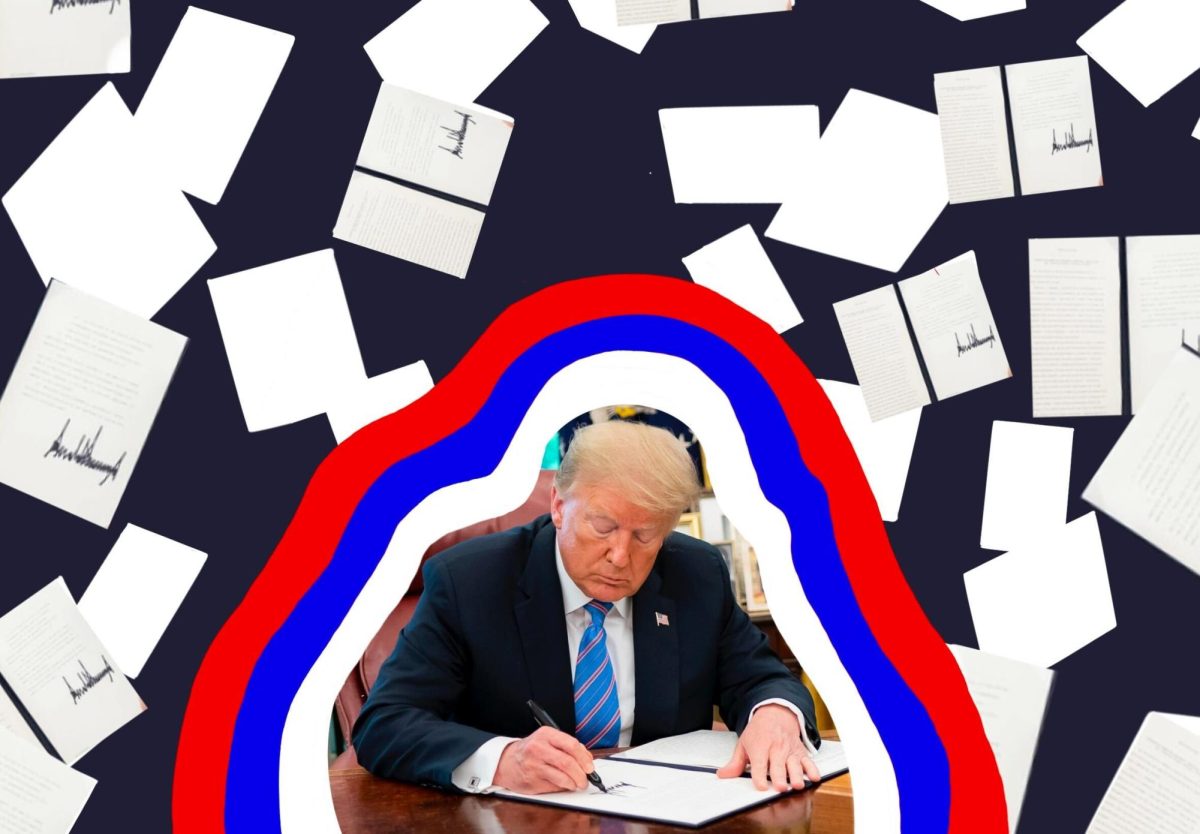Sixteen years ago, March 31, Rachel Crandall Crocker, executive director of the nonprofit Transgender Michigan, organized the first Transgender Day of Visibility. This week, for the first time, the City of Boston officially recognized the holiday. In a March 19 meeting, Boston City Councilor for District 8 Sharon Durkan and Boston City Councilor At-Large Henry Santana filed a resolution to codify Transgender Day of Visibility, and hosted a reception and presentation to promote its citywide recognition.
In honoring the holiday, the Boston City Council underscored the bravery and resilience of the transgender community despite the prejudice, violence and systemic barriers they face.
“Transgender Day of Visibility is about more than just recognition. It’s about honoring the courage of those who have often had to fight for their right to live authentically,” wrote the council in a press release March 21.
City Council highlighted local activists and organizations like Trans Resistance, a nonprofit that advocates for the rights of transgender people, and Fenway Health, a community health center that has served the LGBTQ+ community since 1971.
City Council also acknowledged the efforts of the Massachusetts Transgender Political Coalition, or MTPC, and Namesake, a dual collaborative with MTPC that works to make name changes more accessible for members of the LGBTQ+ community.
Boston City Hall called attention to not only the struggles of the transgender community, but also its profound contributions to society, whether that be through service, business leadership, social justice work or the arts.
Santana expressed his support for Transgender Day of Visibility’s observation via Instagram.
“More than just a date on the calendar, this day is a powerful affirmation of truth: Trans people exist. Trans people are real. Trans people are human,” Santana wrote on Instagram. “Boston must be a safe haven. A place where our trans community not only survives, but thrives. A place of trans joy, where we are unwavering allies to our trans, genderqueer and non-binary siblings, within and beyond the LGBTQ+ community.”
On a national scale, in light of the Trump administration’s hostility toward the LGBTQ+ community, Crocker emphasized the importance of uplifting transgender people now more than ever.
“What [President Donald Trump] wants is to scare us into being invisible again,” Crocker told PBS. “We have to show him we won’t go back.”
Professor K.J. Rawson is the director of the Humanities Center at Northeastern, as well as the founder and director of the Digital Transgender Archive, an award-winning collection of transgender-related historical materials. He also chairs the editorial board of the Homosaurus, a data vocabulary of LGBTQ-linked terms.
Amid the turbulence of the current political climate, in an emailed statement to The Huntington News, Rawson commended Boston’s official recognition of Transgender Day of Visibility.
“In this moment when transgender people are under unprecedented attack, Boston’s recognition of Transgender Day of Visibility is a welcome celebration of trans communities,” Rawson wrote in an emailed statement to The News. “Municipalities need to be forthcoming and overt in their recognition of trans people, not just in honoring Transgender Day of Visibility, but in becoming sanctuaries that advance protective legislation and offer sanctuary to those who are fleeing more hostile environments.”
While applauding the city’s resolution, Rawson’s statement emphasized that progress does not begin and end with visibility.
“To make Boston a safe haven for trans people, the city needs to not only focus on legislative efforts, but also on meeting the increasing and urgent everyday needs of trans people in terms of housing, employment, healthcare, legal representation, etc.,” Rawson wrote.
For allies looking to take meaningful next steps, “I highly encourage people to get involved — by donating their time and/or resources — in mutual aid efforts that directly reach trans people and organizations that are working directly with trans communities to advocate for our rights,” Rawson wrote in his statement.
As Boston moves forward, the recognition of Transgender Day of Visibility serves as both a celebration and a call to action — one that its supporters say demands continued advocacy, allyship and tangible change.



